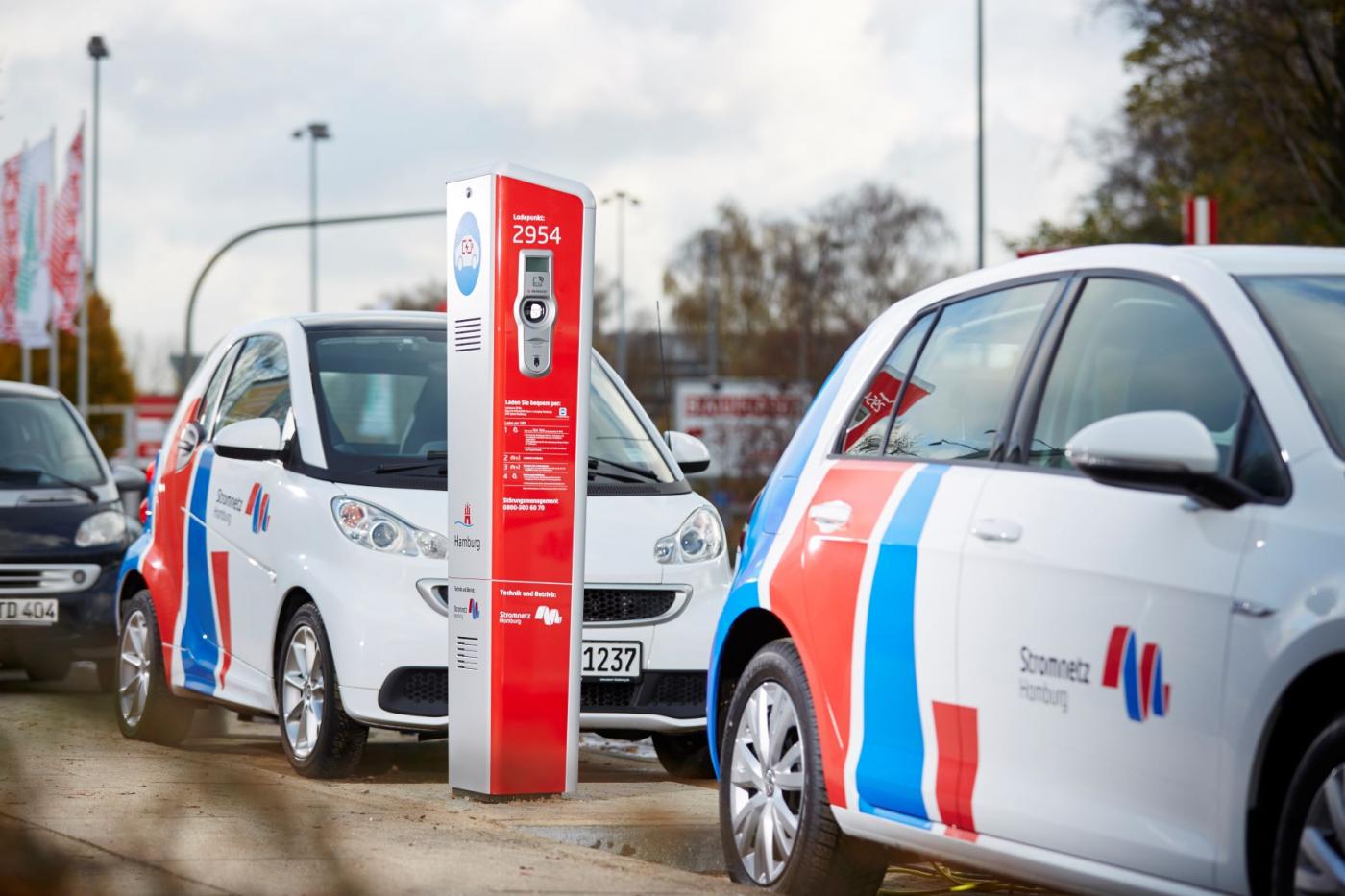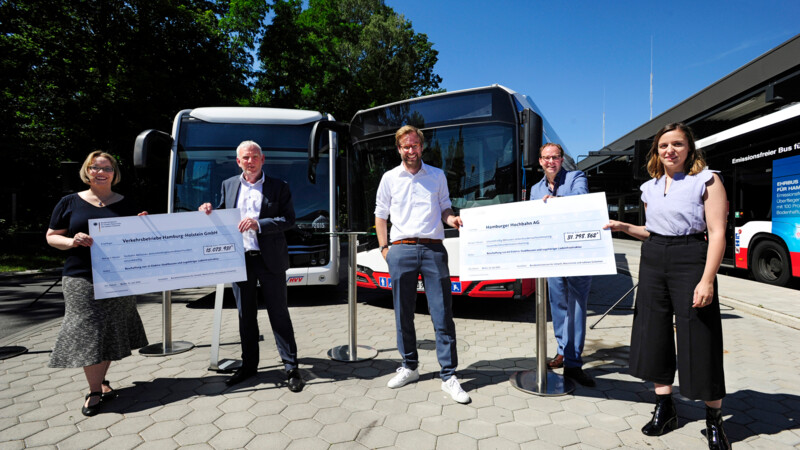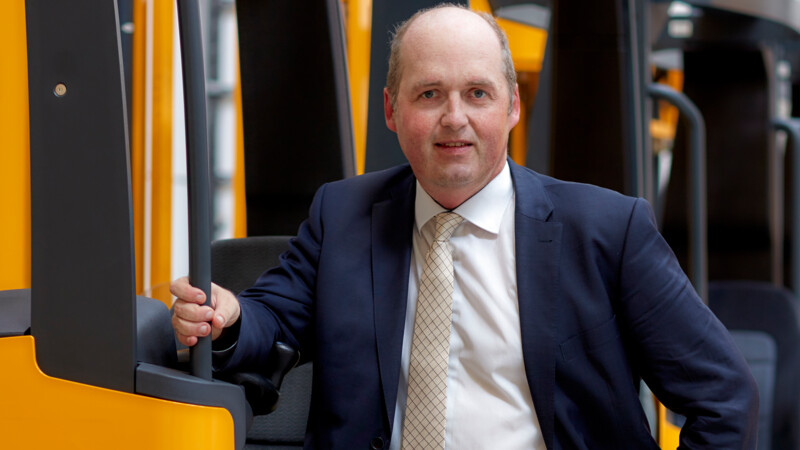"We added sustainability criteria to the tendering process for the first time in Germany as part of our bid to take responsibility on both global and local levels. This is important en route to really environment-friendly mobility and as a climate-neutral company," said Henrik Falk, Chairman of the Board of Hochbahn.
Yet, individual transport must focus more on electric vehicles to make the mobility transition a reality. Peter Lindlahr, Managing Director of HySolutions GmbH, is a firm believer in the advantages and especially the viability of electric mobility. HySolutions GmbH, a public-private partnership, has acted as a co-ordinating body for electromobility in Hamburg since 2009. Lindlahr is well aware of the concerns surrounding electric cars. In an interview with Hamburg News, he outlines the five most topical points and gives greater insight therein.





